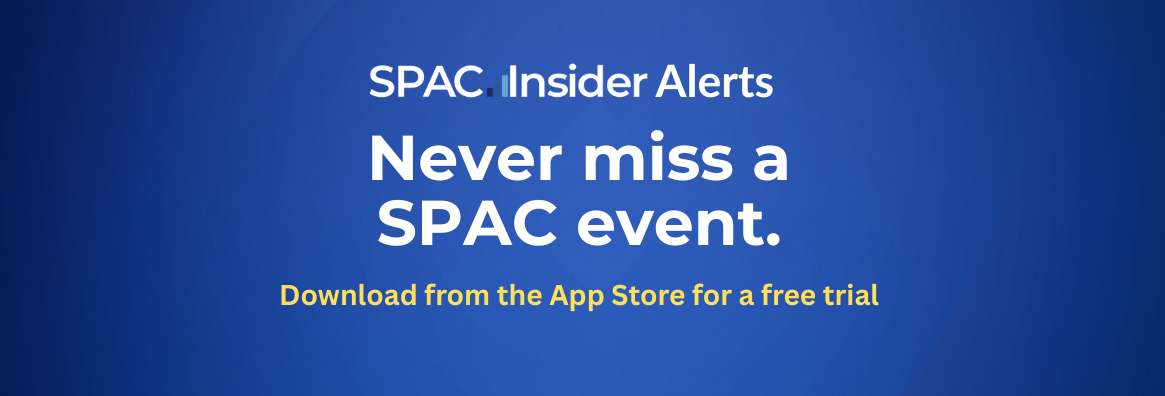Non-EV Car De-SPACs Prove Automotive to Be Tough for SPACs, IPOs Alike
So many EV companies went public through SPACs during the recent boom times that the electrification of consumer vehicles was briefly synonymous with SPACs a financial vehicle. As such, the market opinion of both appears to have risen and fallen together.
Many EV de-SPACs hit similar snags including the same sorts of production delays that dogged Tesla (NASDAQ:TSLA) early on. Manufacturing cars is also simply an expensive business and capital markets tightened up at exactly the wrong time for many of these companies.
What receives less notice in the discussion is that the automotive market has also proven a hard nut to disrupt with many inertial forces favoring the incumbents and macro headwinds coming in hot for all players.
One demonstration of this has been the rocky performance of de-SPACs attempting more traditional plays in the space.
This past week brought the news that online car marketplace Shift (NASDAQ:SFT) will file for bankruptcy, following its British peer Cazoo’s (NYSE:CZOO) move to restructure debt in a deal that gave creditors a 92% equity stake.
Aftermarket car parts ecommerce platform PARTS iD (NYSE:ID) has meanwhile staved off a major reckoning with its finances, but like its sector de-SPAC peers has been trading below $1 since January.
All three companies completed their SPAC deals relatively early in the last SPAC cycle, Cazoo having closed with AJAX I in August 2021, PARTS iD with Legacy in November 2020, and Shift with Insurance Acquisition Corp. a month before in October 2020
At the time, it seemed to be a seller’s market in selling cars as Shift and Cazoo’s competitor Vroom (NASDAQ:VRM) hit its own IPO roadshow around the same time in June 2020. Meanwhile, Carvana (NYSE:CVNA) had blazed upwards from its 2017 IPO debut at $15 to a peak at $376 in August 2021 just as Cazoo joined it on the New York Stock Exchange.
The story of what went wrong with each is varied, but in line with the struggles that many public companies face.
Shift, for its part, struck its deal with Insurance at a time when it wasn’t profitable and was prizing growth instead, which was not considered a problem in the macro conditions of 2020. Initially, its plan was working even better than expected, generating $637 million in revenue in 2021 having projected $402 million in its deal announcement presentation.
But the same macro headwinds filling the sails of automotive commerce began to turn in 2022 and the company’s over-extension, which now included the acquisition of peer Carlotz (NASDAQ:LOTZ) started becoming a growing liability.
Cazoo’s story is similar. It planned to expand its digital car-selling marketplace aggressively from its base in the UK to five new European markets within two years of its SPAC deal and it brought in an $800 million PIPE through the AJAX I deal to work with.
But the used car party was already beginning to come to an end. The pandemic shot sales up from a mix of moving people from car-less urban centers to the suburbs and making such big-ticket purchases easier to manage with low interest rates and stimulus in consumers’ pockets.
Those factors were all a thing of the past by late 2022, at which point Cazoo was throwing in the towel on its big cross-channel invasion of mainland European car markets. On the revenue side, Cazoo was still doing plenty of business with $1.5 billion in revenue reported on the year, but just $24.5 million in gross profit from sales.
And, the same interest rate increases that were turning buyers away from upgrading their cars were beginning to crush Cazoo with its own debt, having racked up -$846 million on total losses on the year.
Skeptical market watchers may have looked at these results and scoffed that they confirmed every prior about SPACs and their over-promising target companies. But, these companies’ peers that made it to market via IPO were telling nearly the exact same story.
Carvana logged net losses of -$2.9 billion with $1.2 billion in gross profit from sales in 2022. Vroom was in roughly the same state with -$451 million in net losses from $244 million in gross profit.
While, each of the three car market de-SPACs have lost about -95% of their share value since their deals, Vroom has fallen -93.5% from its IPO price and Carvana is down -91% from its peak around the same each of these deals closed.
Much like Cazoo, Carvana had to swap over $1.3 billion in debt for new notes in August after a rocky process that required multiple rounds of sweetened terms through the summer.
Many of these same headwinds of course spill over to the EV space as well, where perhaps some of the perspective should also be less about how the vehicle got on the road, but rather the state of the road itself they are all on at the moment.

